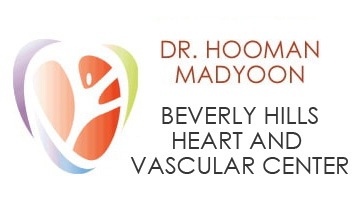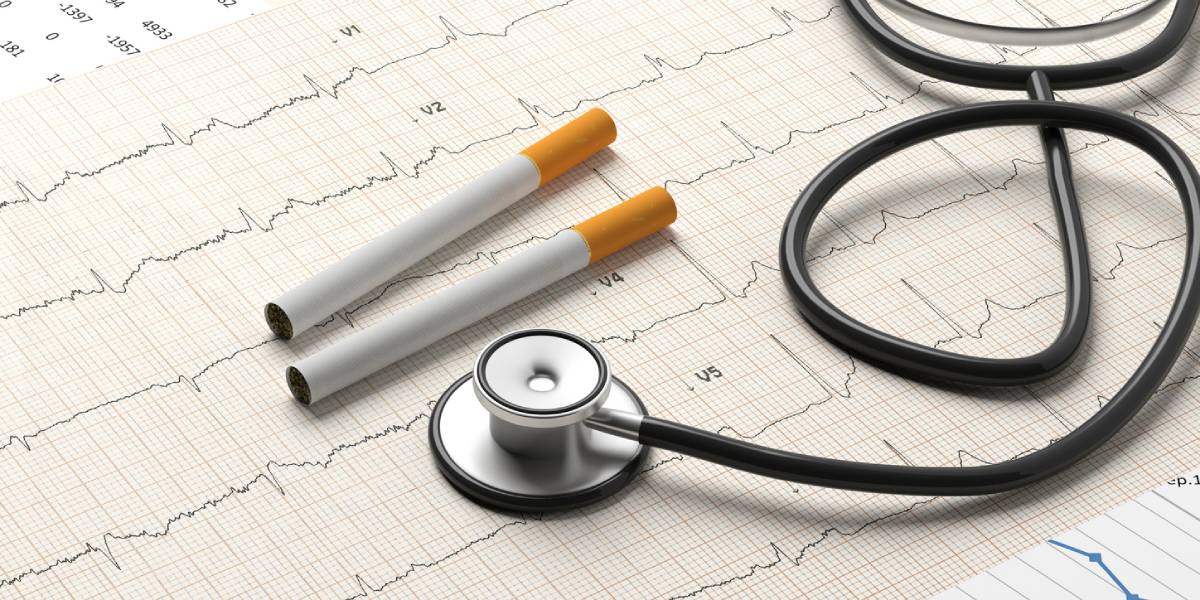If you smoke, you already know it isn’t the best choice for your health. Nicotine is highly addictive, and quitting is no easy task. Many people who smoke simply choose to accept the health consequences rather than putting themselves through the stress and pain of withdrawal. It’s a valid, personal choice, but you should only make it if you fully understand just how dangerous smoking really is. Let’s look at how smoking affects your heart.
It’s Not Just Damaging Your Lungs
The primary foci for anti-smoking campaigns are your lungs. We’ve all seen the comparison photographs showing a smoker’s lung vs. a non-smoker’s lung. We’ve all heard the statistics regarding serious respiratory illness and the increased rates of lung cancer. Unfortunately, that doesn’t even touch the surface of the damage smoking causes.
Smoking adversely affects your teeth, skin, bones, sense of smell, ability to heal, and even your heart. There isn’t a single major organ or system that isn’t harmed by the cocktail of chemicals you inhale whenever your smoke. As a result, the decision to not quit may be more dangerous than you initially thought.
A Look at Your Heart
Smoking is one of the most high-risk factors for heart disease, especially for women. Women who smoke are six times more likely to have a heart attack. For men who smoke, the risk of heart attack is multiplied by a factor of three.
Unfortunately, the issue isn’t as simple as increasing your risk of developing cardiovascular disease. By smoking, you actively increase the risk of complications and decrease your body’s ability to heal every time you have an operation to address your heart health. As a result, smoking has more of a domino effect on the condition of your heart.
How Are Smoking and Heart Health Related?
There are a number of heart health effects that are directly related to smoking cigarettes. Here are some of the most common side effects of smoking when it comes to your cardiovascular system.
- Increases bad cholesterol and decreases good cholesterol.
- Causes irritation to blood vessel walls, resulting in inflammation as well as long-term damage.
- Increases adrenaline production, putting unnatural levels of stress on the heart.
- Causes a significant increase in the chance that the body will develop blood clots.
- Increases your heart rate as well as your blood pressure, putting extra stress on the heart.
- Increases the level of carbon dioxide in your blood, reducing your blood vessel’s ability to deliver the appropriate levels of oxygen to your organs and tissues.
Together, these side-effects of smoking are what make a person who smokes far more likely to experience serious cardiac events and future complications.
Keeping an Eye on Your Heart Health
Quitting will reduce your risk of cardiovascular disease. But someone who has smoked is still more likely to have damage than someone who hasn’t. As a result, regardless of whether you’re an active smoker or you’ve quit it’s important to check in with a cardiologist regularly. Fortunately, with the top Beverly Hills cardiologist right around the corner, you can be confident that you’re in good hands.
At Beverly Hills Vein and Cardiovascular Institute, Dr. Madyoon will help you to ensure that your heart receives the care it needs. Regular check-ups will be scheduled based on your age and other risk factors to limit the risk of a condition developing beyond the early stages. Your risk factors will also help to determine what kinds of tests are used and how often they’re performed. Fortunately, you can get your ECG in Beverly Hills right in BHVCI’s office, making it easier than ever to stay on top of your heart health.

